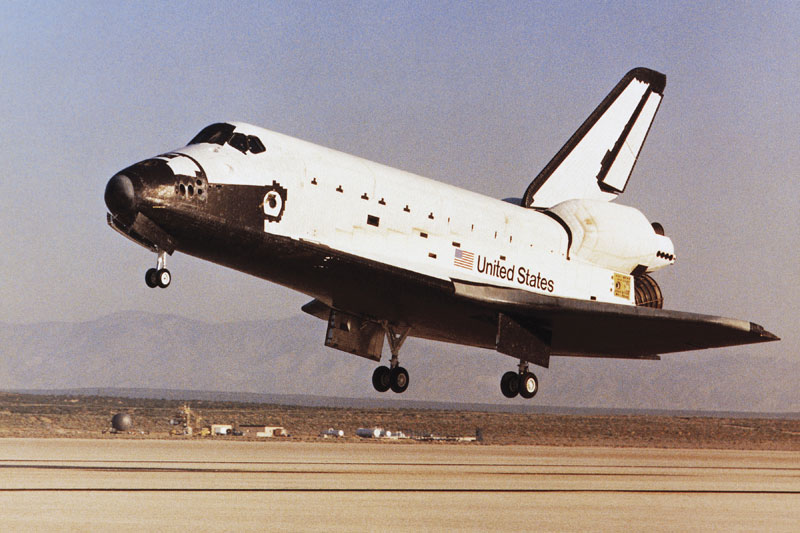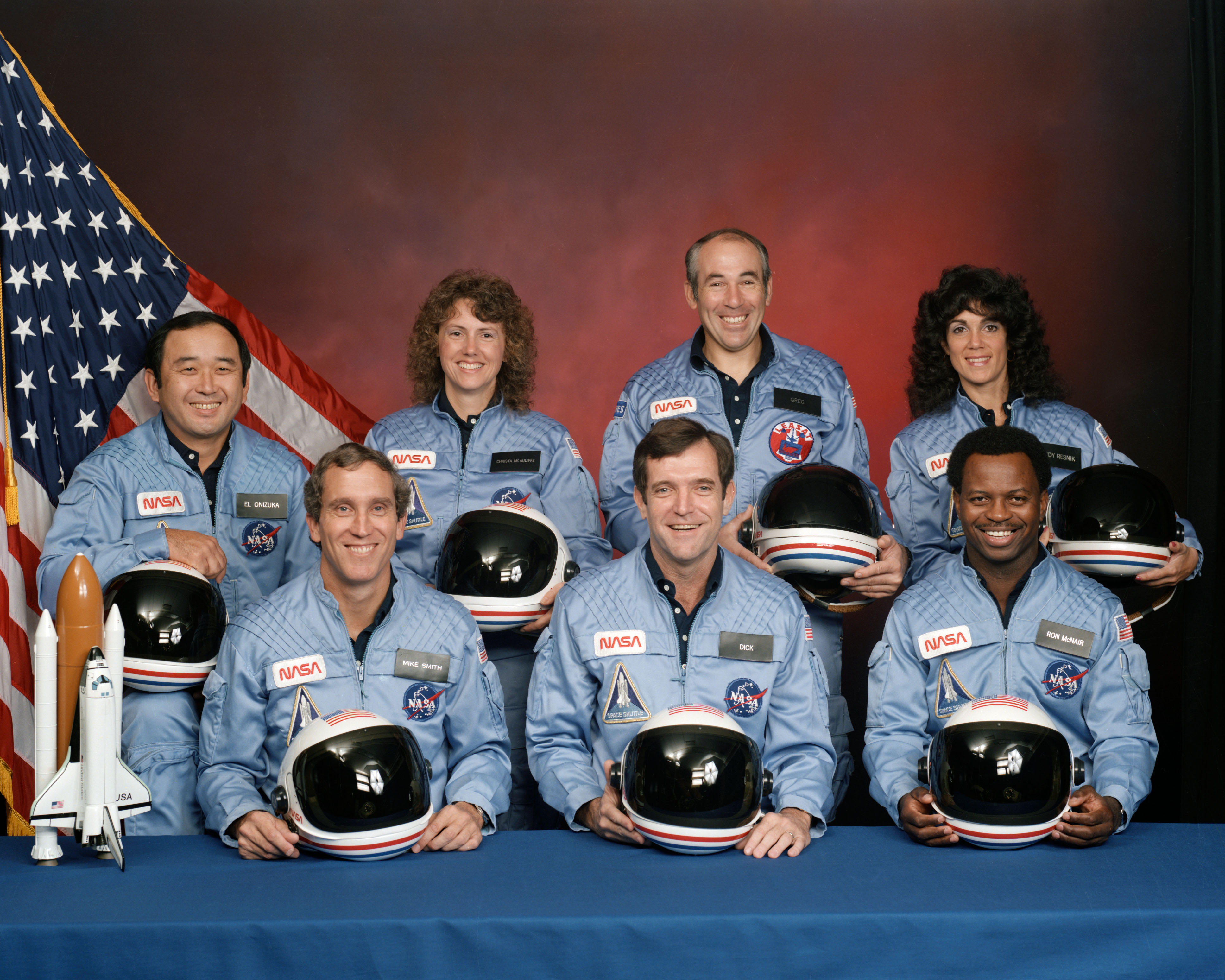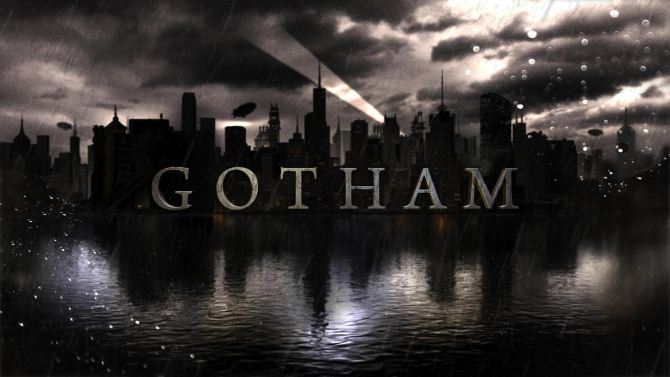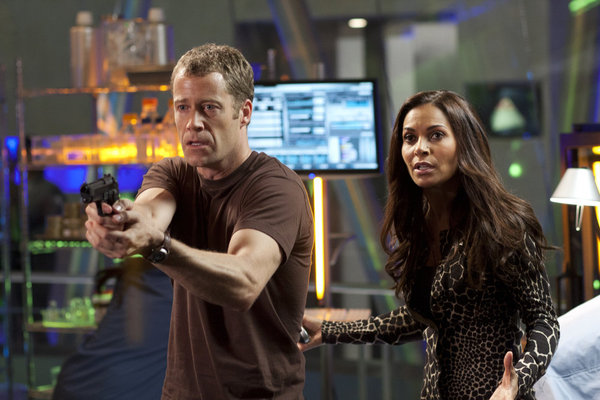The Long Shadow of CHALLENGER

January 28, 1986. I was about to turn sixteen. I was in high school — German class, actually — when the loudspeaker popped on and we heard the news.
The Challenger had exploded.
I was standing in class — we were doing some activity or something — and I remember going to the window and just staring. As a fan of Star Trek, and of science fiction in general, the idea of going into space had a powerful allure (still does). And it’s always been a point of national pride for me to know that the United States is/was the best in the world at this kind of thing. Even though things like this happen, it’s the exception rather than the rule. I found myself praying for the families. Not only the families of the crew, but also everyone on the ground who would have to deal with the aftermath, those who would have to live with this.
It was a sucker punch, a blow to the gut from which I don’t think NASA and the space program ever fully recovered. Not only was this a massive failure with plenty of blame being thrown around, but the tragedy was compounded by the presence of a teacher — a civilian — on board. Christa McAuliffe’s death punctuated just how dangerous this “space program” thing really is, and it focused a lot of attention on … well, everything.
NASA hadn’t suffered a setback like this since the early days of the Apollo mission, and when the investigation showed just why the shuttle had exploded, it was even more of a problem for NASA’s public image.
And then to have this tragedy followed by the destruction of the Columbia in 2003…

Now, we depend on the Russians to take us to the International Space Station. Years of funding cuts have gutted the space program. Ambition seems to have gone away with the end of the Apollo program. How many times can we go into orbit before it stops becoming a thing?
Oh, wait. It stopped being a thing a long time ago. It’s only when you get a singing astronaut or GoPro footage shot in space, that we even realize there are people in space all the time.
We take it for granted now. It’s left up to companies like SpaceX and Virgin Galactic to pick up the slack where NASA has been unable (or unwilling) to pioneer space programs to put humans back on the Moon, or on Mars, or reaching out to the mineral wealth of the asteroid belt. And while I’m all for private industry being involved — and a free market to shape the industry — I also think that NASA needs to take a good long look at itself and figure out just what it’s about.
Yes, they have good programs — for telescopes and robot probes. Things that are safe. Programs and missions that don’t put astronauts in harm’s way. Have we become so gun-shy that we’re not willing to take any more risks than are absolutely necessary? I mean, for crying out loud, we’re sending our astronauts up in Russian rockets.
In the shadow of the Challenger and Columbia tragedies, I look at the US space program, and I think about President John F. Kennedy’s speech, and I think about recent directives for NASA to be all about “Muslim outreach“, and I realize we lost the space race.
Was it worth it?
![]()



